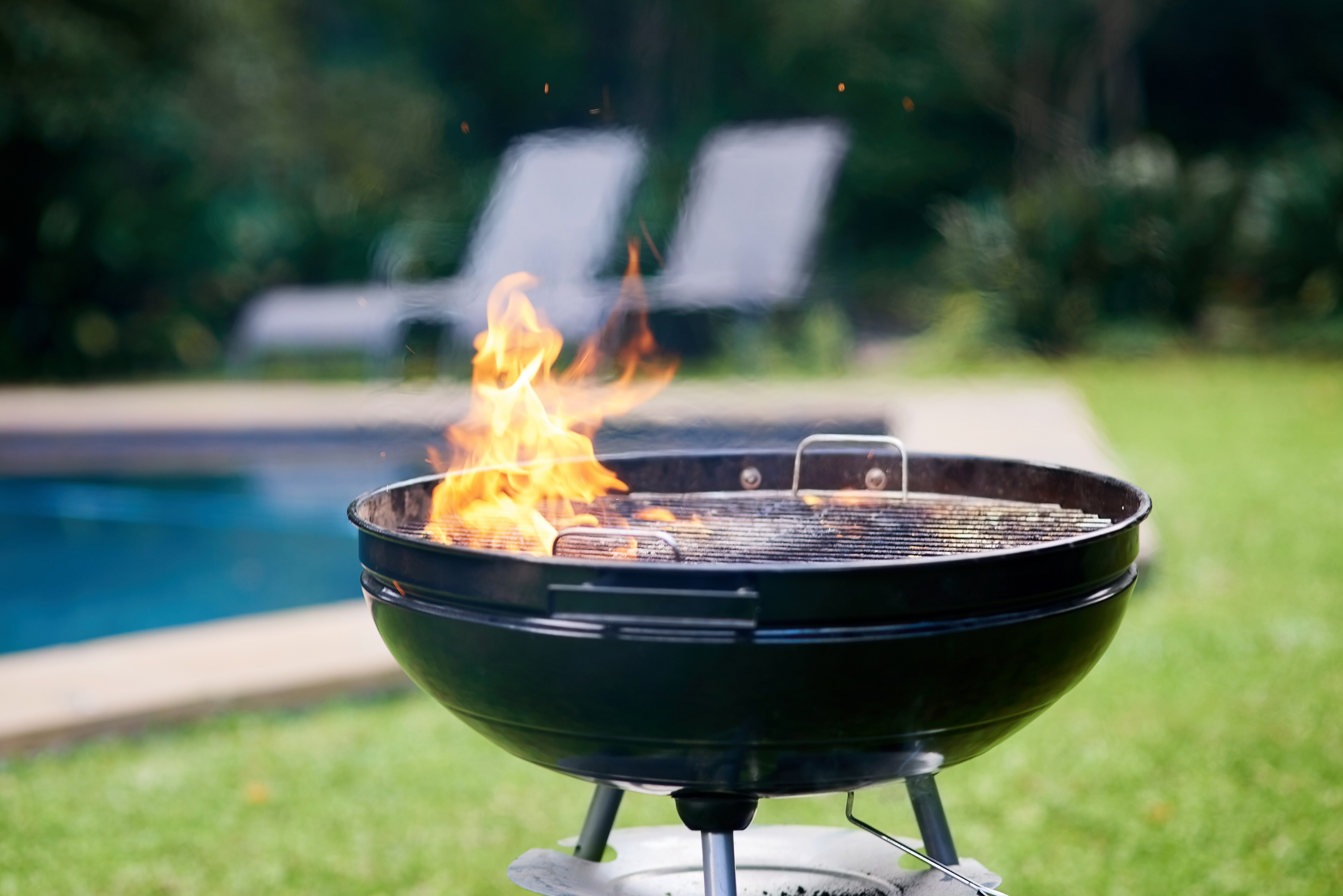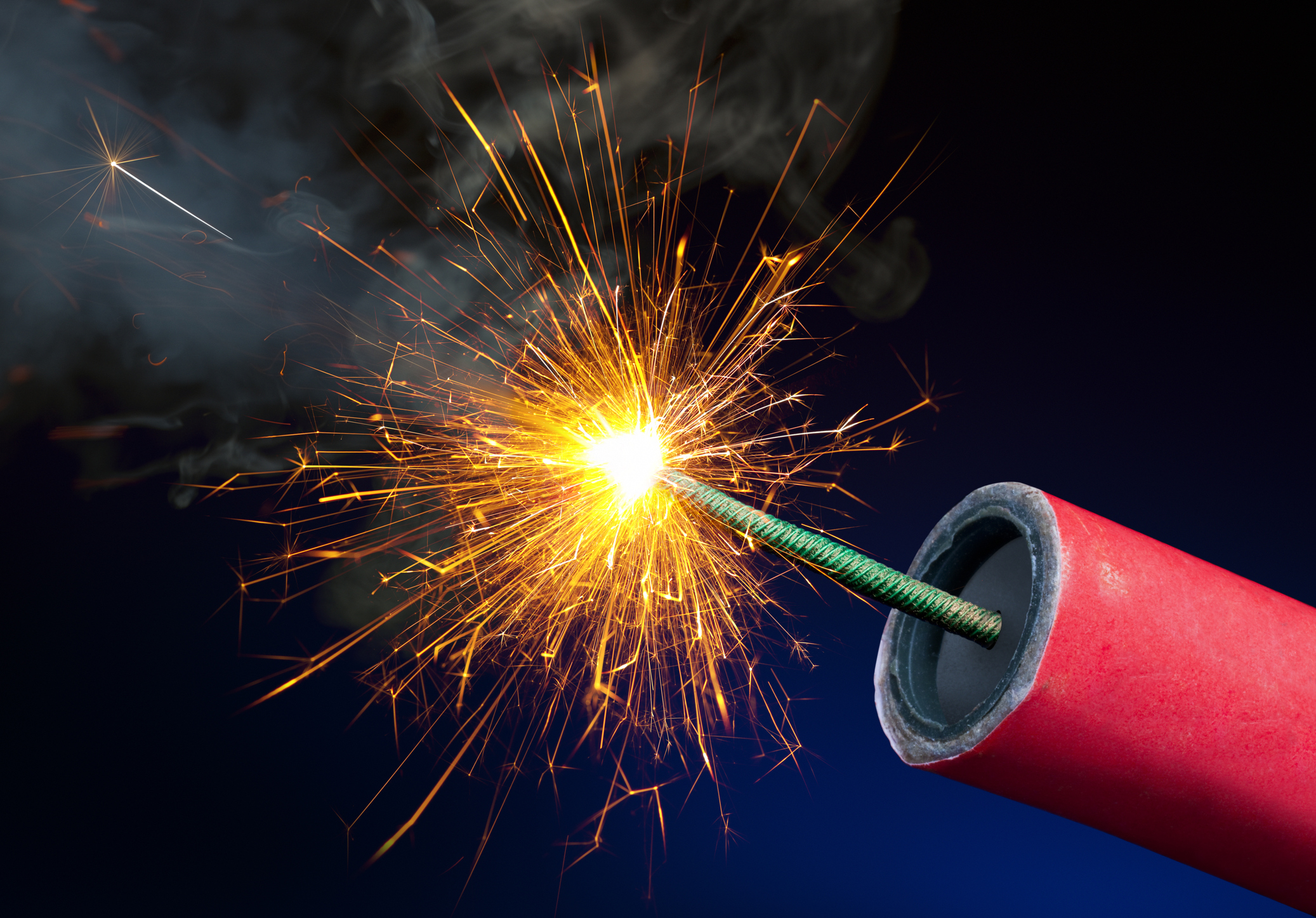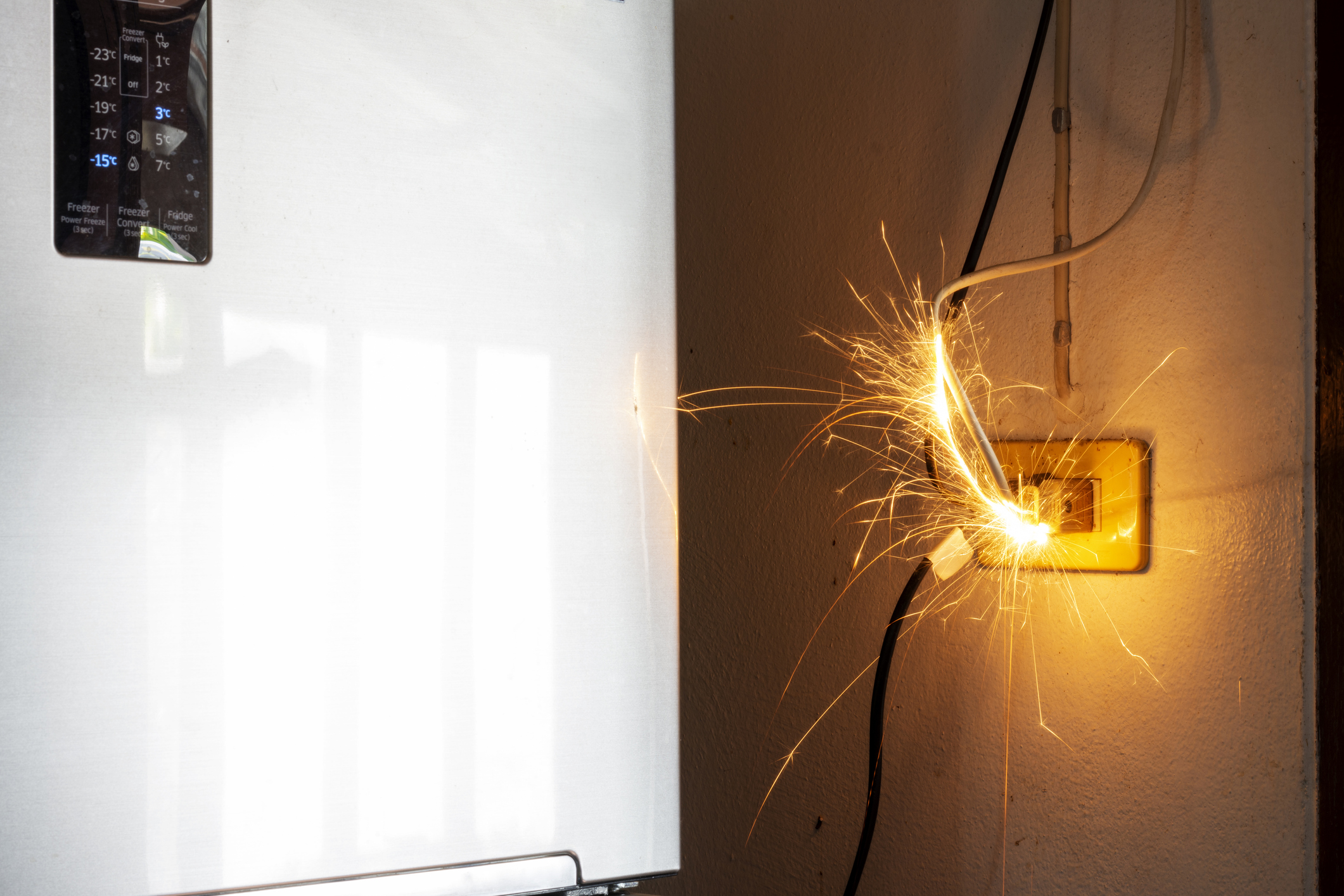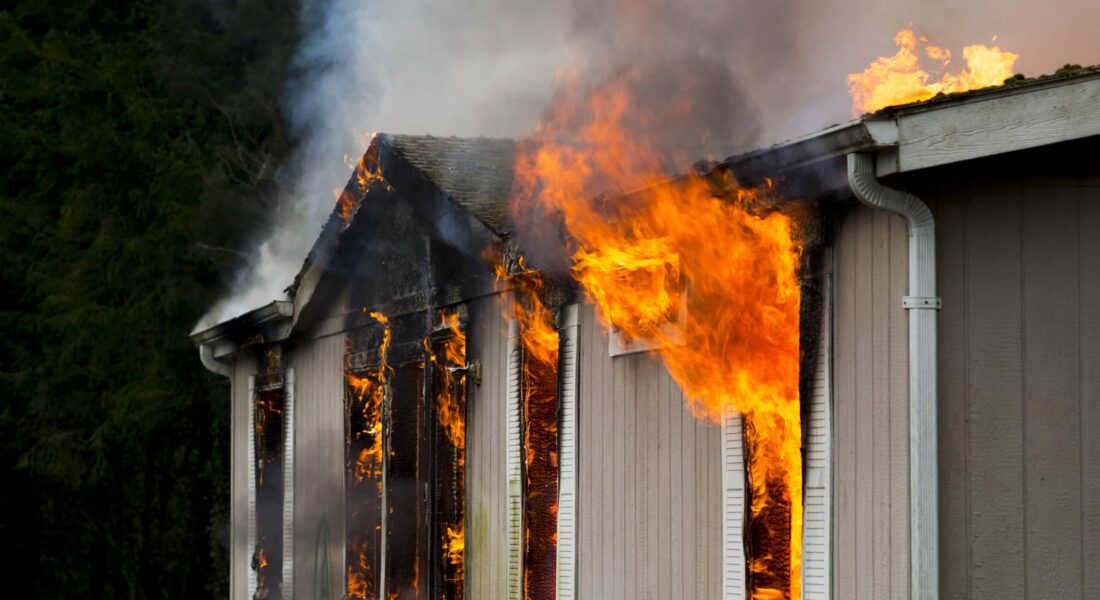Summer is a season of sunshine, backyard barbecues, and festive celebrations — but it’s also a peak time for residential fires. At 24 Hour Flood Pros, we often see the devastating aftermath of fire and smoke damage that could have been prevented with simple precautions.
While obvious culprits like wildfires and unattended flames are commonly known, many homeowners underestimate the hidden fire hazards that come with summer activities.
Let’s explore three often-overlooked summer fire risks — grills, fireworks, and electrical overloads.
Grilling Gone Wrong

Outdoor grilling is a summer staple, but it’s also a leading cause of residential fires during the warmer months. According to the National Fire Protection Association (NFPA), grills cause an average of 10,600 home fires annually. Grease buildup, poor maintenance, and grilling too close to structures are common hazards.
Follow these key grilling safety tips:
- Keep grills at least 10 feet away from your home, deck railings, and overhanging branches.
- Clean your grill regularly to prevent grease fires.
- Never leave the grill unattended, especially when children or pets are nearby.
- For propane grills, check gas lines and connections for leaks before use.
Fireworks: Beauty with a Risk

Fireworks are synonymous with summer holidays, but they are also a major fire risk. Even small sparklers can reach temperatures of 2,000°F — hot enough to melt metal. Improper use or malfunctioning fireworks can ignite nearby dry grass, debris, or structures.
Follow these firework safety tips:
- Use fireworks only where legal and follow all local regulations.
- Keep a bucket of water or a hose nearby in case of fire.
- Never relight a “dud” firework — wait 20 minutes and soak it in water.
- Supervise children closely and teach them fire safety.
Electrical Overloads and Summer Heat
With the increased use of air conditioners, fans, pool equipment, and outdoor lighting, electrical systems can become overloaded. Older homes may not be equipped to handle the modern power demand, leading to overheated wiring or circuit failures that can spark a fire.

Follow these electrical safety tips:
- Avoid daisy-chaining power strips or plugging too many devices into one outlet.
- Hire a licensed electrician to inspect your home’s wiring if it’s older or showing signs of wear.
- Use outdoor-rated extension cords and outlets for any backyard appliances or lighting.
- Turn off appliances when not in use, especially when leaving the house.
Be Proactive, Stay Protected
Being aware of these hidden fire risks can help you enjoy a safer summer season. At 24 Hour Flood Pros, we specialize in fire damage restoration and emergency response. If the unexpected happens, our team is ready 24/7 to help restore your property and peace of mind.
Don’t wait for disaster to strike — take preventative measures now to protect your home and loved ones. For fire, flood, or storm recovery services, trust the professionals who are always just a call away.
For more seasonal fire safety resources, read our article:




